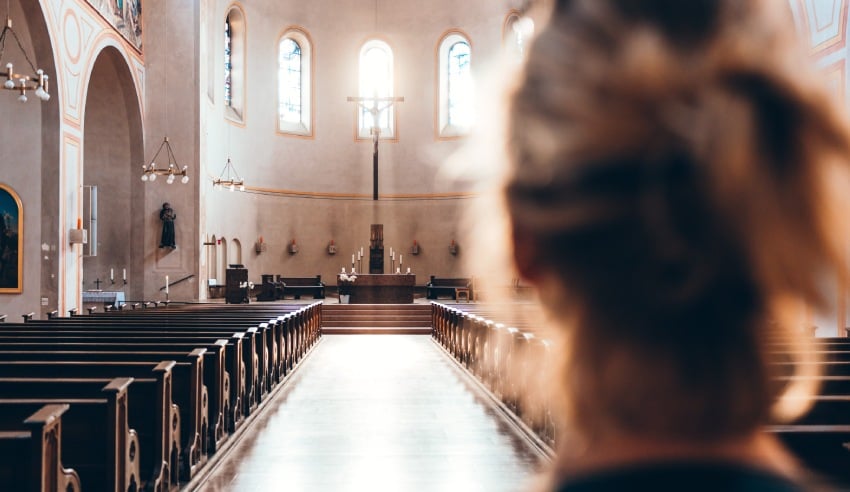Several controversial provisions within the proposed Religious Discrimination Bill will not only “drastically undermine and throw into chaos” access to justice but will also lead to significant costs and delays, a senate hearing examining the bill has been warned.

In another day of hearings before the legal and constitutional affairs legislation committee, a number of organisations made their opposition to clause 12 in the Religious Discrimination Bill clear. Should the clause, which relates to statements of belief – that could have the effect of permitting discriminatory statements – be allowed, the legal system could suffer alongside some minority groups.
Further, Australian Discrimination Law Experts Group (ADLEG) member and associate lecturer at Monash University’s faculty of law, Liam Elphick, said state and territory tribunals would be unable to hear some claims constitutionally when a statement of belief argument is brought up, leading to stress on the legal system.
“It’s going to lead to significant costs, significant delays and it’s going to clog up the system,” Mr Elphick told the committee, chaired by Liberal Senator Sarah Henderson. “It denies access to justice to the very people we are trying to protect.”
Mirroring this concern, ADLEG member and former Tasmanian anti-discrimination commissioner Robin Banks said that having been a legal representative for people with a disability in the past, she understands the stress and anxiety they go through, which could be exacerbated by the inability to hear clause 12 arguments.
“To add this level of potential to end up in a superior court where costs are awardable will mean that people just won’t go there and will put up with conduct that will treat them as less deserving,” Ms Banks said. “Over time, that erodes people’s self-esteem and the sense that they have a role within Australian society.”
Responding to the suggestion that the clause will be defined and solidified in courts over time, Mr Elphick said he “can’t see a situation in which this naturally or automatically resolves through the court process”, so it should be removed.
“This is not a simple provision. This is complex and they are not provisions that could be worked out by some tinkering in the courts. They would drastically undermine and throw into chaos access to justice, particularly at a state and territory level,” he said.
Appearing again before the committee, Andrew Walters, the acting deputy secretary of the integrity and international group within the Attorney-General’s office, said the point of clause 12 is “clarificatory in nature” and would only be used in “the most limited of circumstances” where statements of belief amount to discrimination claims.
“It will give people the confidence that, if a claim were to be made against them of discrimination, it could be resolved very quickly because you could point to clause 12 and say, ‘no, I am merely stating a religious belief’,” Mr Walters said.
To clarify how this would work in practice, Mr Walters said the person would have to reach three tiers: first, it has to be a religious belief; it has to be made in good faith; and the person must hold a genuine belief that their statement falls within the doctrines and tenants of their faith. He said this means that there would have to be a pattern of this person holding the same belief in the past.
Mr Walters was questioned on how this statement of belief can be upheld if the statement in itself is not traditionally the view of an entire religion. In some response, he said they would “struggle with saying all of those things” and, for example, “if you are a non-practising Catholic or are not particularly religious, then you are going to struggle with proving that it is your genuine belief”.
During Mr Walter’s evidence, the hearing learnt that a drafting error relating to the burden of proof had been made and was not noticed until after it was introduced. Senator Deborah O’Neill questioned that had the Prime Minister “got his wish and rammed this through in the final sitting week of 2021”, the House would have passed the Religious Discrimination Bill with its then-current basic drafting errors.
Despite objections by Ms O’Neill, the question was put on notice.
Appearing before the committee earlier in the day, Australian Human Rights Commission president Emeritus Professor Rosalind Croucher said that, at its core, the bill is a “solid anti-discrimination bill that protects the attributes of belief”. Should the controversial provisions, including clause 12, be removed, it could succeed.
“Insofar as the bill sticks to the well-trodden path, I don’t foresee enormous litigation but rather a solid expansion of a very healthy complaints system. However, add the other bits and it’s wide open for challenge and question,” Professor Croucher said.
